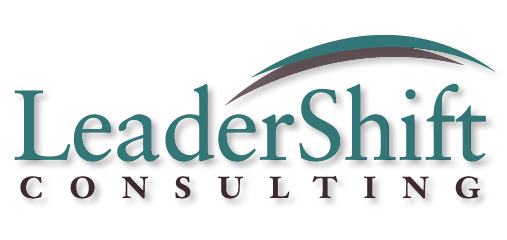“Fatigue Is Your Enemy”
A couple of months ago, Harvard Business Review posted a good blog on the impact that fatigue has on our bodies and effectiveness. Fatigue Is Your Enemy – Harvard Business Review But making the case for self-care is relatively easy. Scientists, theologians, psychologists and leadership experts have proven its positive affects again and again. But taking action for self care is a different story. As I witness my clients wrestle with fatigue , despite knowing that they should ‘do better’ at taking care of themselves, I’ve learned how actively we collude with ourselves and each other to keep us all working to exhaustion.
To address the chronic fatigue among our leaders, staff and organizations, it’s not enough to rejigger our calendars. You’ve probably tried, and it probably didn’t work. Vanquishing the energy of fatigue requires confronting ourselves and each other at a very personal – even existential – level. Sure, you say you want to take better care of yourself, but that has some uncomfortable and potentially serious consequences. If your self-worth is built upon being indispensable to others, then self-stewardship will mess with that in a big way. You’d have to delegate more and discover that someone else can do the task and render you irrelevant, or that they will fail and make you look bad. Could you recover from either of those? Or maybe self-care will require you to take some time off and discover that the office operates just fine for a while without you. Then where will you be? Or perhaps you would have to deny help to someone. What would that mean about you?
Attending to your own renewal is not just complicated for you. It’s also complicated for those around you. Many of the leaders I work with have had others beg them to take better care of themselves. And yet… When they responded in earnest, when they drew a line or refused to pick up a task they used to accept without hesitation, others were not always pleased. Whether explicit or implied, the message they received went something like this: “Sure, I wanted you to take care of yourself, but not NOW. Not in THIS recession. Not on THIS task. Not if it affects ME.”
Fatigue, if unheeded, is an enemy. It drains your sustainability, generativity, creativity, clarity, strength and grace. But vanquishing that enemy will take a lot more than a simple resolution to take your lunch hour, leave at 5, or use your vacation time. It takes real courage to take the risk that your value does NOT depend on saying yes to every request. It takes courage to tolerate the discomfort of making others uncomfortable, disappointed or angry. It takes a willingness to step out of sync with our culture’s obsession with busy-ness, its worship of work, and its celebration of heroic effort.
It is no small feat to take this enemy on.
What about you?
How does fatigue affect you? How does it affect your mood, sense of well being? Your relationships? Your effectiveness?
What 1 – 3 self-stewardship changes would you like to make?
What internal resistance would you likely confront if you actually made those stewardship changes?
What external resistance would you likely confront if you took action to take better care of yourself?
